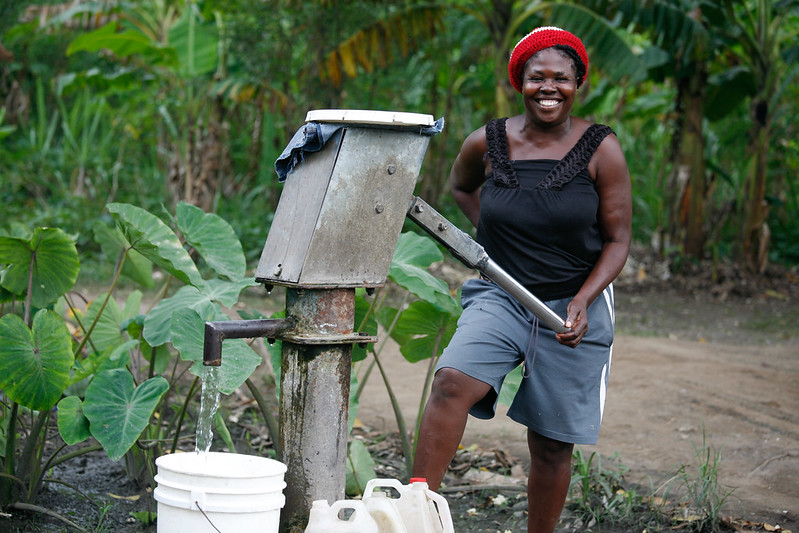Indigenous, local, and traditional knowledge systems and practices, including indigenous peoples’ holistic view of community and environment, are a major resource for adapting to climate change, but these have not been used consistently in existing adaptation efforts. Integrating such forms of knowledge with existing practices increases the effectiveness of adaptation.
IPCC, Fifth Assessment Report’s, Summary for Policy makers, 2014
Local communities are holders of the knowledge to successfully cope with climate change and climate variability at the local level
In line with the conclusions of the 5th IPPC report regarding the importance of local and indigenous knowledge, we assume that local communities should not be seen only as victims of climate change, but on the contrary as populations that can contribute considerably to adaptation strategies during extreme events, because of their close relationship with the environment. Local knowledge in terms of adaptation to climate change still lacks a high level of recognition compared to the technical knowledge of the engineering sciences.
Note that our approach of “training the trainers” hopes to provide a path to the training of local communities by beneficiaries beyond the Exercise’s completion. Within this framework, it was chosen to carry out a knowledge-sharing experience on water security and climate change resilient infrastructure with a community-based approach.
We have chosen a participatory methodology similar to photovoice, adapted to local Caribbean communities, where community participants will use photography (using their mobile phones or cameras), and stories about their photographs, to identify and represent issues of importance to them in an open dialogue with other Water entities. The methodology and its implementation will be explained step by step on the 5th day of Training Week to prepare the participants to effective implementation in their own time with local communities.
This “dialogue of knowledge” approach will focus on topics derived from the training materials of the 5-Day Training Programme. While the documents to be used by the water entities willing to establish a constructive and participatory dialogue will be short documents available on the Exercise website and adapted to the audience of the local communities.

Dialogue of Knowledge (beyond the Exercise’s completion)
Training for local communities
